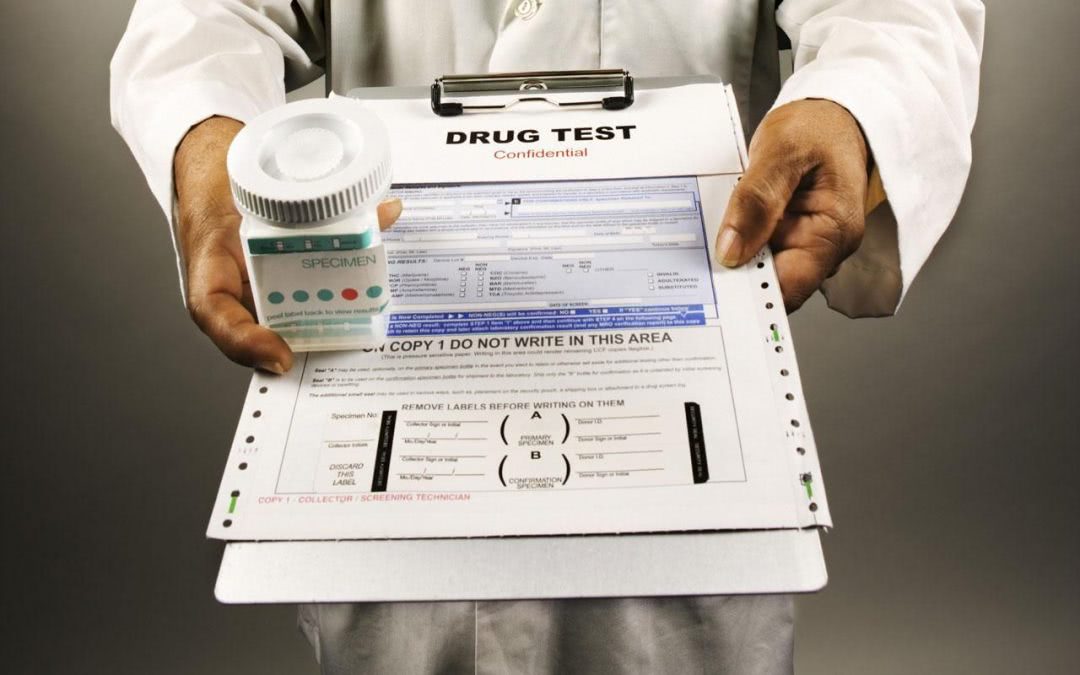High Schools Should Have Mandatory Drug Testing for Participation in Extracurricular Activities

PRO (6 arguments)
Definitions:
Mandatory drug testing- drug testing for any student athlete before participation in a sporting event at random intervals.
Participation- joining and staying involved in
Extracurricular activities: school-sponsored sporting events.
The testing would only be required for students who wanted to participate in extracurricular activities, or if the student is under suspicion for drug use. (U.S. Public schools only)
Refutations:
1. AT: “Drug testing is too costly and a waste of money”
Then say: Testing may be costly, but it is justified as a necessary to ensure a sage, drug-free learning environment. Besides, it is no waste of money because the amount spent still goes to a useful cause. Also, if the policy is implemented, the number of drug users will go down so the amount of drug tests will lower and the cost will decrease.
2. AT: “Lowers participation in extracurricular activities”
Then say: A study conducted by the National Center for Education Evaluation within IES and RMC Research Corporation and Mathematical Policy Research has already proved that there is no decrease in participation at all therefore proving this point untrue and invalid.
Drug use has become a huge issue in schools and a basic easy way to try to stop it is to have drug tests to participate in the extracurricular parts of school. Students involved in extracurricular activities and subject to in-school drug testing reported less substance use than comparable students in high schools without drug testing, according to a new evaluation released today by the Institute of Education Sciences.
The study, The Effectiveness of Mandatory-Random Student Drug Testing, examined 7 districts that were awarded grants in 2006 by the U.S. Department of Education's Office of Safe and Drug Free Schools to implement mandatory-random drug testing programs in their 36 high schools. Key findings include:
Some 16 percent of students subject to drug testing reported using substances covered by their district's testing in the past 30 days, compared with 22 percent of comparable students in schools without the program. Similar patterns were observed for other measures of student-reported substance use, but those differences were not statistically significant.
There was no evidence that the drug testing reduced students' participation in extracurricular activities or affected their connection to school.
Researchers also examined whether students in schools with drug testing , perhaps because they were more aware of the consequences of substance use, might be underreporting such use. However, there were no differences between the treatment and control groups in students' reports of how honest they were in completing the surveys or in how often students didn't respond to particular questions. Also, there were no inconsistencies in reports of lifetime use between the surveys they completed before knowing whether their school required drug testing and afterwards. The study was directed by the National Center for Education Evaluation within IES and conducted by RMC Research Corporation and Mathematical Policy Research.
Mandatory drug testing helps create a safer atmosphere for students in high schools. Drugs are a major problem and once a single person becomes a user, peer pressure increases and more and more students fall into the trap. This creates an unsafe environment and clearly drug testing can solve this issue.
Antonio Planas
Steroid use has created an unfair sports program in many districts. This drug testing program completely insures that no steroid user will be allowed to participate in the sports creating a completely fair and equal system for all students.
Because drug users will not be able to participate in extracurricular activities, steroid users will not either. Therefore, as stated by Psychology Today, sports programs will become more fair and equal for all students.
If the drug testing policy is made mandatory, the high school students, the beginning of the next generation will be able to impact generations after, showing the negatives of drug usage and ending drug promotion.
According to Matt Johnson of Time Magazine in 2009, Memphis, Tennessee supported a drug testing study and from the original 23,000 participants in the program, after only two months, the number of users decreased by 6,000 people. Memphis also recorded 52% less recorded drug use in Memphis after the 2 month period.
As we wait and let drug use slide, more and more children are beginning to use drugs like marijuana and getting addicted and more and more trouble is caused because of drug use. This policy can start stopping all the drug use. We can not wait any longer to take action and this policy is the place to start because it targets the future.
Huffington Post
In future generations, the drug testing method, through abolishing drug use, helps inspire action against drug and alcohol use to create a better future.
Psychology Today states, that this policy “generates mentality of disapproval of drugs amongst the children".